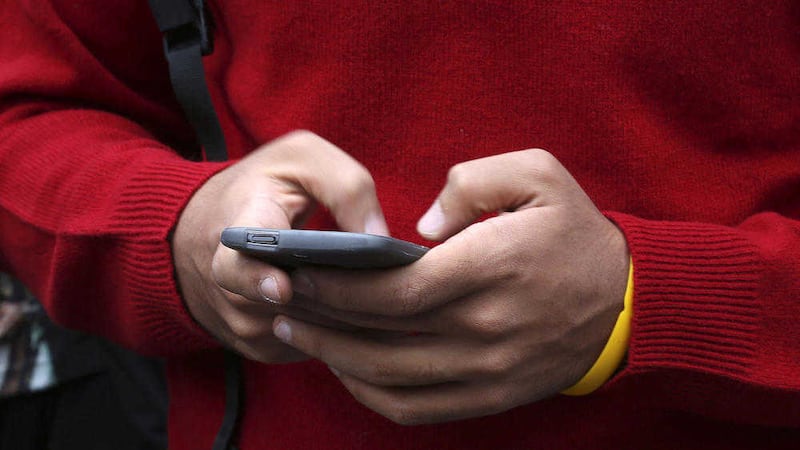I’m not sure I like myself this week.
On Tuesday I was standing in a train station worrying about first world problems – namely whether I should shell out for a ticket that would get me home an hour earlier. I already had one for a later and slower train, and it was a four-hour journey.
I was checking the price on my smartphone app. At £69 one-way it was hardly worth it, though to a dying man an extra hour for £69 might seem a bargain.
As I scrutinised the screen I was approached by a young guy in his late teens or early twenties.
He was polite and unadorned by tribal markings, nose rings or knuckle-dusters: the sort of young man you might be relieved to be introduced to as a beau by your daughter.
“I’m sorry to ask,” he said. “But my phone won’t ring out.” He held up the smashed screen and ran his fingers over its unresponsive space. “I’m worried about my friend, she is late and I can’t ring her. Would you mind if I used yours?”
Trusting people is one of my core values. But values are nothing until they are tested. In one of those moments where time momentarily freezes, my caveman brain began to work through its ‘proper response’ checklist. He was younger than me, and fitter.
It could be a scam, I thought.
I had a vision of him sprinting across the station concourse with me lumbering after him, ‘stop thief!” guldering from my lips.
Your mind does odd things when your body kicks into fight or flight mode. Mine stopped working, Incapable of fighting, I am not that good at flighting either, so my brain seized.
If I’d been able to think straight I would have given him the handset and let him make the call. It’s a clapped out Android phone. No self-respecting teen would be seen dead with it, and selling it on wouldn’t raise enough for a cup of barista-brewed coffee.
What to do? If it had been my son I’d like to think that a stranger would have trusted him. “I’ll ring her,” I said refusing to give him the phone. ”What’s the number?”
In one damning phrase I demonstrated that the ‘Good Samaritan’ didn’t trust his victim, and undermined my good deed.
“What’s your name?” I asked.
“Lewis.”
And then I tried to have a conversation with a perplexed young woman wondering how some madman got her number.
What sort of world have we created for ourselves where a cheap gadget made in India takes precedence over the immediate needs of another human being?
The debilitating effects of the world we have manufactured for ourselves can be seen often in the simplest things.
My pet hate is people who look to their feet when they pass you in a corridor because they have forgotten how to say hello. Such things might seem small and insignificant.
But multiplied a billion times they result in people being refused help because they are poor and old; people being turned away because they are refugees from another country, or, as my daughter discovered this week on a school trip to Poland, people being killed in their millions because they are Jews, or gay, or Roma.
The narcissism of reality television and Twitter propels the morally bankrupt into the highest offices of state, and the down-trodden into the gutter. We build walls not bridges; we make war not peace; and we demonise those who oppose us.
In the United States, recently propelled by a corrupted electoral system into one of the circles of hell, evangelicals drive around in cars with the initials WWJD on their rear bumpers. What Would Jesus Do?
Intolerant of intolerance, he would be standing up for those the current president despises. And if he had been asked for the loan of his phone on a station concourse, he would have handed it over willingly and told the lad to keep it.
Lewis is unlikely ever to read this. But I’d like to take this opportunity to say sorry for thinking he might be a thief.
If I’d paid more attention in religious education I would have remembered that even thieves can be good, and a ‘rich’ man holding a mobile phone is unlikely to force his way through the eye of a needle.
In less than a month it will be time to put on the proverbial sackcloth and ashes. Perhaps this year I should give up my mobile phone for Lent. If I need to make an urgent call I can always ask someone to give me a loan of their’s.









